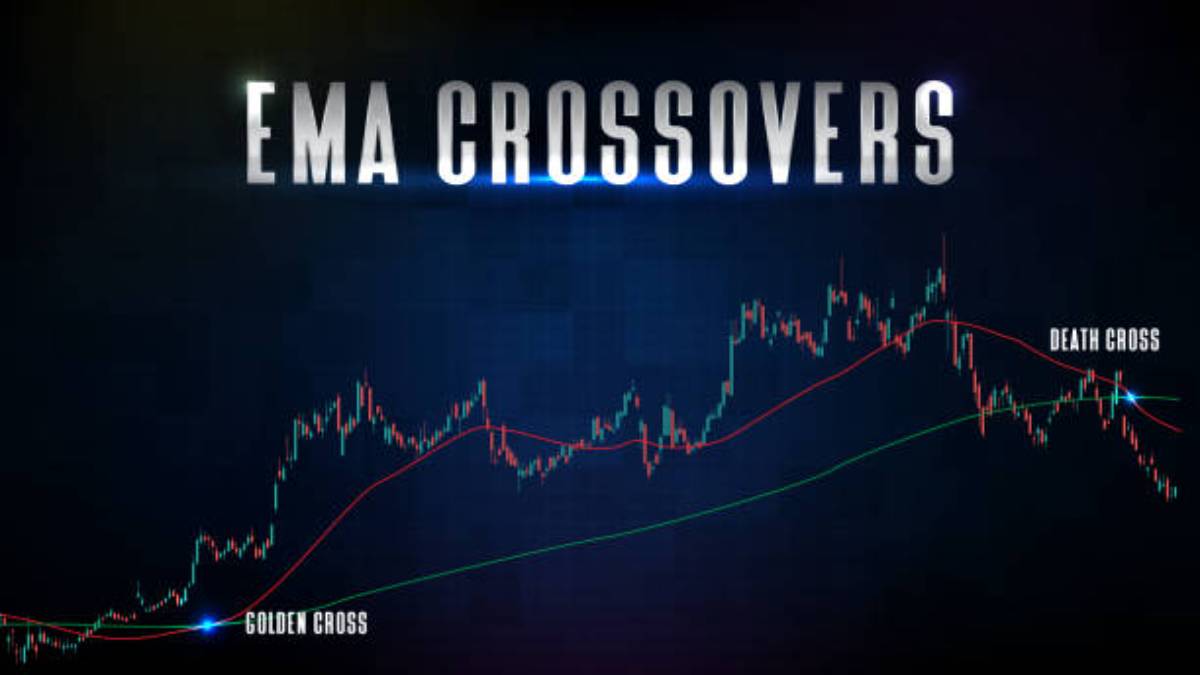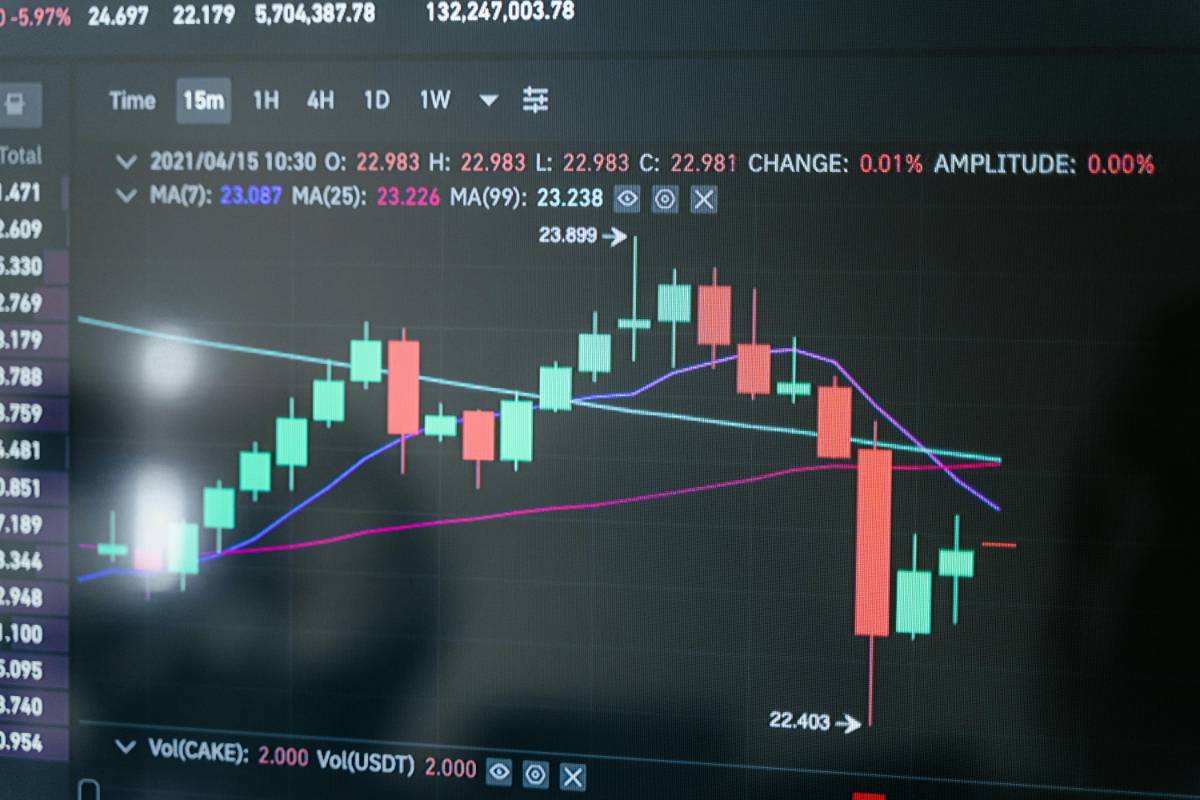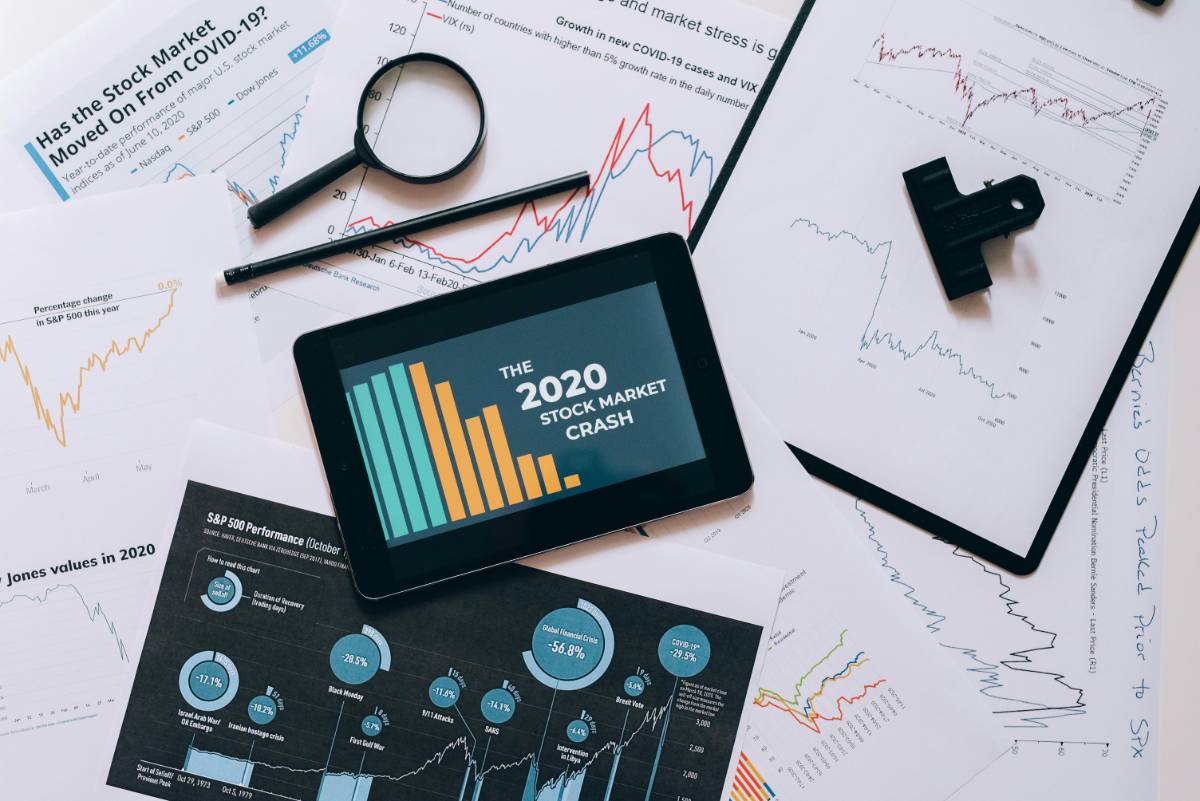
ETFs vs. Mutual Funds: Which is Right for You?
 By Rahul Sharma
By Rahul SharmaInvestors often debate whether to choose Exchange-Traded Funds (ETFs) or Mutual Funds for their portfolios. Understanding the key differences and benefits of each can help you make the right decision based on your financial goals and risk tolerance.
Liquidity and Trading
ETFs trade on the stock exchange throughout the day, just like stocks. Mutual funds, on the other hand, are only traded at the end of the trading day at their net asset value (NAV).
For investors who value flexibility, ETFs offer more liquidity and real-time pricing advantages.
Cost and Fees
ETFs generally have lower expense ratios than mutual funds. Many ETFs are passively managed, tracking an index, whereas mutual funds often involve active management, leading to higher fees.
Lower fees can enhance long-term returns, making ETFs a cost-effective option for many investors.
Tax Efficiency
ETFs are typically more tax-efficient than mutual funds due to their unique structure, which minimizes capital gains distributions.

Mutual funds, particularly actively managed ones, may generate more taxable events due to frequent buying and selling within the fund.
Investment Strategy
ETFs are well-suited for passive investing, tracking indexes such as the S&P 500. Mutual funds, especially actively managed ones, aim to outperform the market through stock selection and timing strategies.
Your choice depends on whether you prefer a hands-off, index-based approach or an actively managed investment strategy.
You might also like
1. How Interest Rates Impact ETF and Mutual Fund Performance2. Understanding and Managing Risk in Your Investment Portfolio3. The Basics of Passive Income: How to Make Money Work for You4. Understanding the U.S. Financial System: A Complete GuideMinimum Investment Requirements
Mutual funds often have minimum investment requirements, whereas ETFs can be purchased in small amounts, making them accessible to a broader range of investors.

This flexibility makes ETFs a better option for those starting with a lower capital base.
Conclusion
Both ETFs and mutual funds have unique advantages. ETFs offer greater liquidity, lower costs, and tax efficiency, while mutual funds provide active management and structured investing options. The best choice depends on your investment goals, risk tolerance, and preference for active or passive investing.
About the author
 By Rahul Sharma
By Rahul SharmaRahul Sharma is a seasoned finance writer with over 8 years of experience helping millennials and Gen Z take control of their money. With a background in economics and a passion for demystifying complex financial concepts, Ananya shares actionable tips on budgeting, investing, and building long-term wealth. Her mission is to make financial literacy accessible, relatable, and empowering — no jargon, just smart money moves.
More like this

Stock Buybacks: How They Influence Share Prices
Stock buybacks have become a common strategy for companies looking to boost share prices and reward investors. Understanding their impact can help investors make informed decisions.

Meme Stocks: Are They Making a Comeback?
Meme stocks took the financial world by storm in recent years, driven by online communities and retail investors. As market conditions shift, many wonder if these stocks are making a comeback.

Dividend Stocks vs. Growth Stocks: Where’s the Best Opportunity?
Investors often face a crucial decision when building their portfolios: Should they invest in dividend stocks for stability or growth stocks for higher returns? Understanding the differences can help in making the right choice based on financial goals and risk tolerance.

How Geopolitical Events Affect U.S. Stock Performance
Geopolitical events have a significant impact on the U.S. stock market, influencing investor sentiment, market volatility, and sector performance. Understanding these effects can help investors navigate uncertainty and make informed decisions.

AI and Automation: The Next Big Disruptors in the Stock Market
Artificial intelligence and automation are transforming industries, and the stock market is no exception. These technologies are reshaping investment strategies, trading mechanisms, and market dynamics at an unprecedented pace.

S&P 500 vs. Nasdaq: Where Should You Invest?
Investors often compare the S&P 500 and the Nasdaq when deciding where to allocate their funds. Understanding the differences between these indices can help you make a strategic investment choice based on your risk tolerance and financial goals.

Why Tech Stocks Are Leading the Market Again
Tech stocks are once again at the forefront of the market, driven by innovation, strong earnings, and investor optimism. As companies in the sector continue to expand their influence, understanding the reasons behind this surge can help investors make informed decisions.

The Impact of Federal Reserve Policies on the Stock Market
Federal Reserve policies play a crucial role in shaping the stock market. Interest rate decisions, quantitative easing, and regulatory measures directly impact investor sentiment and market performance. Understanding these effects can help traders and long-term investors navigate the evolving financial landscape.

Top Performing Stocks on Wall Street This Quarter
The latest quarter on Wall Street has seen significant movements, with some stocks outperforming expectations while others struggled to keep up. Understanding these trends can help investors make informed decisions moving forward.

U.S. Stock Market Outlook: What to Expect in 2025
As we move into 2025, investors are looking for insights into the U.S. stock market's potential trajectory. Market trends, economic policies, and global events will all play crucial roles in shaping investment opportunities.





